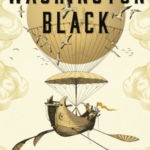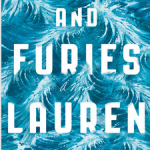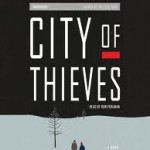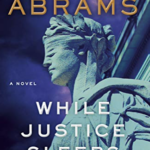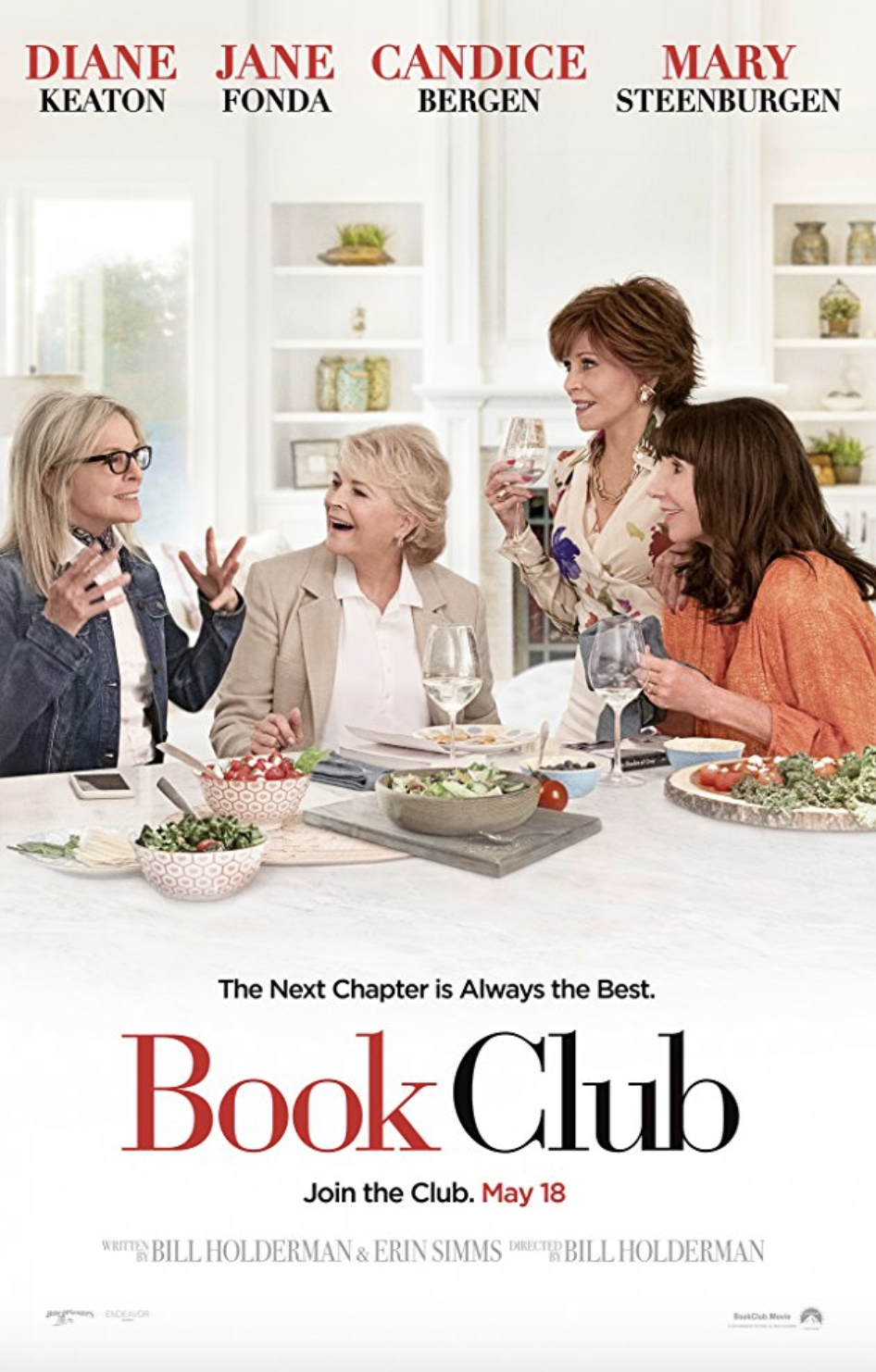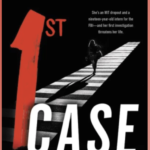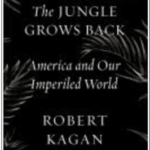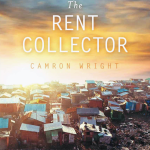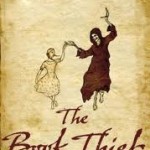Search results for ‘The Book Thief’
The Book Thief by Markus Zusak
September 4th, 2009 — 05:50 amThe Book Thief by Markus Zusak
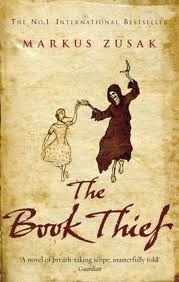 My initial experience with the book was somewhat negative. First, finding the book in the teen department of Barnes & Noble seemed somewhat curious. I had difficulty getting in to the book as the style and narrative seemed unusual and in retrospect perhaps uncomfortable as it seemed to be written from the point of view of an angel of death. Perhaps after about 50 pages I was comfortable with the book and was being drawn in to it although I could still easily put it down.
My initial experience with the book was somewhat negative. First, finding the book in the teen department of Barnes & Noble seemed somewhat curious. I had difficulty getting in to the book as the style and narrative seemed unusual and in retrospect perhaps uncomfortable as it seemed to be written from the point of view of an angel of death. Perhaps after about 50 pages I was comfortable with the book and was being drawn in to it although I could still easily put it down.
I also felt an early identification of Liesel with my seven year old granddaughter who has recently fell in love with words and books. This connection began to give me an added emotional attachment to the characters and the story which I usually have anyway to a holocaust book. I felt the author was making a meaningful insight to me as he spoke about Kristolnacht and clearly conveyed how the Nazis were bent on destroying words and the ideas behind them perhaps just as much as they were displacing their frustrations and hate on the Jews. As the book progressed – it became a page turner for me. The author used an interesting style of foreshadowing the events coming in each chapter which toyed with my anxiety and concern about the characters but yet I couldn’t be sure what was going to happen. I began to realize that I was developing great empathy and caring for the characters who were German non-Jews. I desperately wanted the characters who went off to fight the allies to survive. When the Jews were marched through the streets on their way Dachau Concentration Camp – I was accepting the idea that most of the observers were neutral and of course the main characters were heroic in wanting to give them bread.
By the conclusion of the story I of course was fully on board with the idea that all war is terrible and I felt very badly that most of the characters had been killed. I was touched that Liesel and Max had survived and were together. But what did they do with their life and did they feel guilty about what had been done to the Jews? The author who obviously was not Jewish said that he wrote the story based on memories of stories that his parents have told him from Austria and Germany and he wanted to show that not all Germans were bad. I found this quote from him on the Internet:
One day, there was a terrible noise coming from the main street of town, and when she( his mother) ran to see it, she saw that Jewish people were being marched to Dachau, the concentration camp. At the back of the line, there was an old man, totally emaciated, who couldn’t keep up. When a teenage boy saw this, he ran inside and brought the man a piece of bread. The man fell to his knees and kissed the boy’s ankles and thanked him…Soon, a soldier noticed and walked over. He tore the bread from the man’s hands and whipped him for taking it. Then he chased the boy and whipped him for giving him the bread in the first place. In one moment, there was great kindness and great cruelty, and I saw it as the perfect story of how humans are.
Therefore I reflect that at best this 30 year old author is an apologist for the Germans of the Nazi era and at worst has little appreciation for what really happened in the holocaust. Therefore I find myself negatively inclined toward him and what he had to say. He is a talented writer and wrote a great book . I am glad I read it but I wouldn’t recommend it to everyone and I am not sure to whom I would urge that they should read it. I recognize that this is a very personal reaction but it is the way I find myself feeling at this time.
The Book of Lost Names by Kristin Harmel
March 9th, 2021 — 11:16 pmThe Book of Lost Names by Kristin Harmel
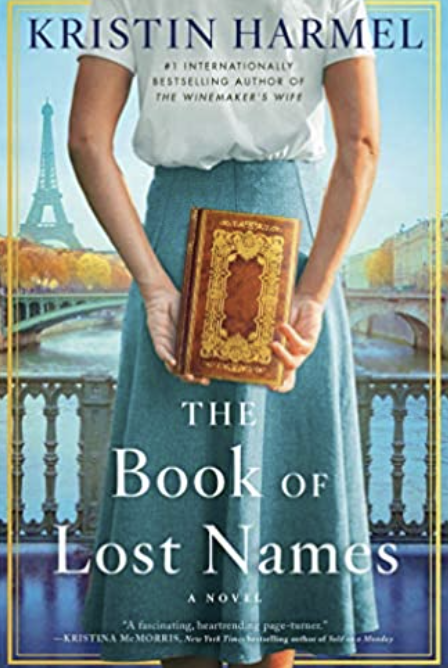 When I came across this outstanding book about the Holocaust, I was immediately reminded of all the excellent and meaningful books I have read about this subject. The first one probably being The Diary of Anne Frank and then so many other such interesting reads such as The Thief, The Nightingale, All the Light We Cannot See, Schindler’s List, as well as many others including many that I have not yet read.
When I came across this outstanding book about the Holocaust, I was immediately reminded of all the excellent and meaningful books I have read about this subject. The first one probably being The Diary of Anne Frank and then so many other such interesting reads such as The Thief, The Nightingale, All the Light We Cannot See, Schindler’s List, as well as many others including many that I have not yet read.
This story is about a woman who has skills, which make her an excellent forger, which allows her to save the lives of many children and adults as they escape from the Nazis. In doing so, she puts her own life at great risk. This triggers a familiar question, “Could I have put my own life at such a great risk if faced with a similar situation.” Most of us will never know, but as we experience the bravery of this woman, we are challenged to consider this question.
The story highlights the complexities of the parent-child relationship in this difficult situation. Factor in a love and romance and the conflicts of such feelings when the woman has these feelings towards a non-Jewish man that she never imagined could take place.
The great value of this book is not only that it is a well written adventure story with romance, intrigue, and danger, most important, it reminds us that Nazi Germany existed in the lifetime of some of us or in the lifespan of our parents and cannot be allowed to be forgotten.
Comment » | FH - Fiction Historical, FT- Fiction Thriller, HI - History
All The Light We Cannot See by Anthony Doerr
February 25th, 2015 — 02:40 pm‘All the Light We Cannot See’ by Anthony Doerr. 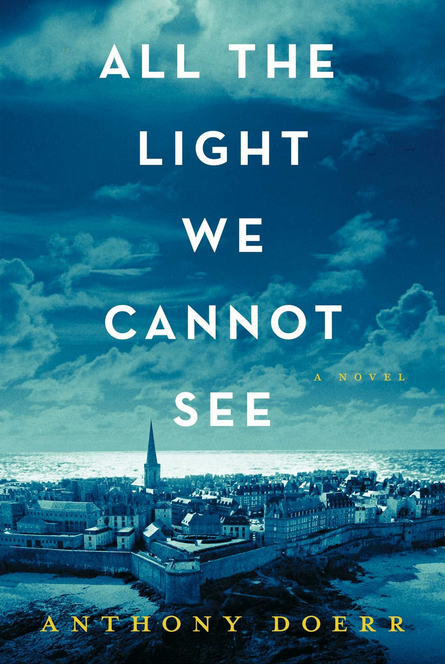
Why does a man who was born more than 30 years after the start of World War II decide to write about the lives of a young blind girl and a German youth during this period of time where their lives ultimately intersect?And why do I, who was born just before the start of this war, find myself still seeking out books about this period of time? This is a question I cannot answer, but I do have a recommendation for the readers of this blog, which I will share at the conclusion of this review.
Marie-Laure was born in Paris and became blind at the age of six. She was the daughter of a widowed locksmith of the Natural Museum of Paris. She was very close to her father, who when war broke out fled with her to the seaside town of Saint-Malo. They lived with her great-uncle who had been traumatized by World War I and was afraid to go out in the street. She was left living with him when her father did not return from a trip to Paris.The great-uncle had a radio in his attic, to which they could listen, as well as transmit. Werner Pfennig was a German orphan who grew up in a children’s home in Berlin. He developed a fascination with and the knowledge about radio circuits, which was the skill that ultimately became his work in the Nazi Army. There are many sub-themes in this developing story, which include the tale of a valuable blue diamond, which people believed gave special powers to those who possessed it. There also was a description of the ruthless training of the German youths and of the bravery of some of the French citizens that occurred during wartime.
Each chapter ultimately alternated between the lives of the blind French girl and the young German lad, as well as a few other people. It should not be surprising to learn that this book is very well-written and well-received. It received a National Book Award and was on the ‘New York Times’ bestseller list for 38 weeks. By examining the microcosm of these two persons’ lives the reader gets a feeling of the humanity, or the lack of it, of some of the people who lived and died during this horrendous recent history. As well-written as this book may be, it is really still a figment of the imagination of the talented Mr. Doerr. It is a fine piece of literature that could round out a reading list for the contemporary reader. However, if you are a young person wishing to be educated on this dark period of 20th Century history or even an older person who has not previously explored this era, this book may not be the place to start. I would suggest two other books; one a classic and the other one probably read by very few people. If you have not read it, I suggest that you read ‘The Diary of a Young Girl’ by Anne Frank, which is the memoir of a young girl in Holland during the Nazi occupation. This perhaps is the most well-known and well-received book about this period of time. The other book that I would suggest is ‘How We Survived – 52 Personal Stories by Child Survivors of the Holocaust’ (See my review of this book). This is a vivid, valid and authentic group of short vignettes that will hold your attention and tell a story as informative and moving as the fine novel which I just reviewed.There are also some other recent novels about the Holocaust that I would bring to your attention: ‘Once We Were Brothers’ by Ronald Balson, ‘My Sister’s Keeper’ by Jodi Picoult and ‘The Book Thief’ by Markus Zusak.( see my reviews of these books) This is obviously a topic that can be explored with many fine pieces of literature, and this book by Mr. Doerr is a very good addition to this library of books.
From sand and Ash by Amy Harmon
January 6th, 2018 — 12:37 am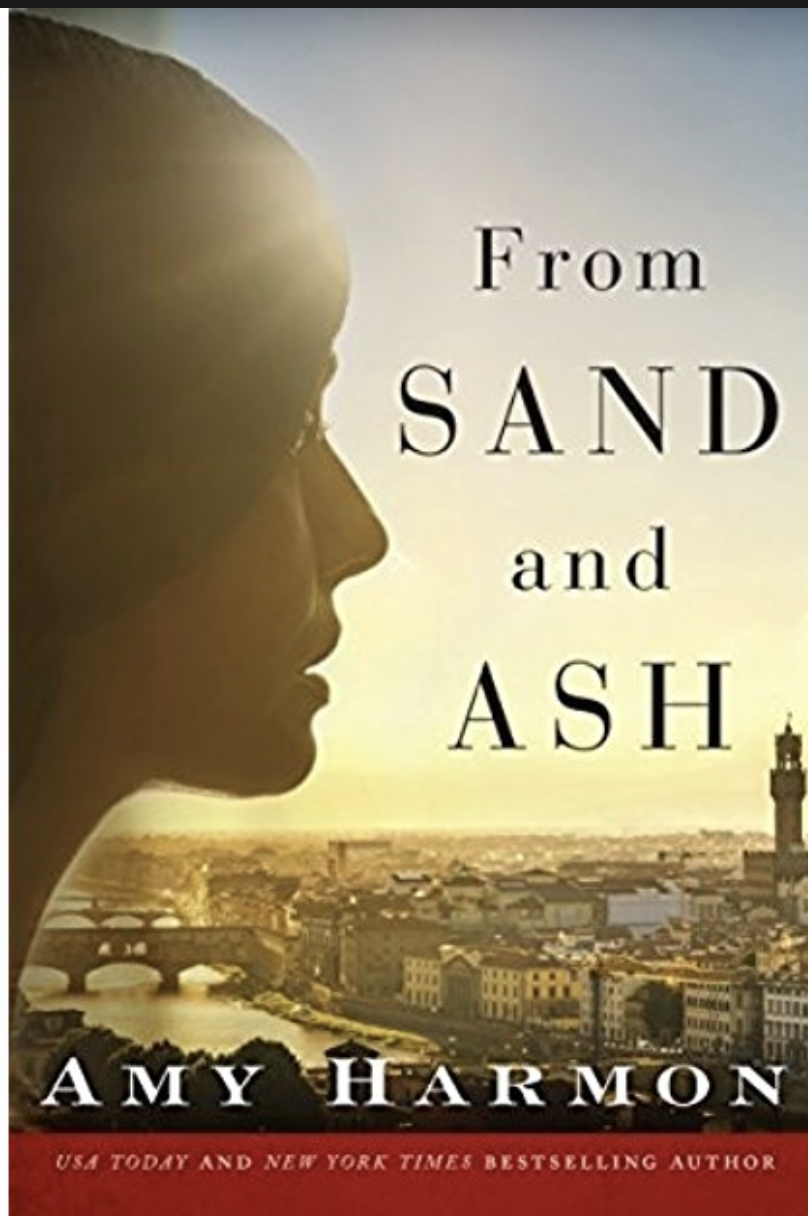 From Sand and Ash by Amy Harmon
From Sand and Ash by Amy Harmon
If I had to make a list of the books that made the greatest impression upon me, I’m pretty sure I would include the Diary of Anne Frank, Schindler’s List and Sophie’s Choice. Not surprising these books all deal with the Holocaust. Growing up in the post World War II, I became acutely aware of the details of what was done to the Jewish people in Europe in the previous decade. My own relatives who are not “survivors” but had family in Europe who perished during that period of time rarely talked about the details which probably fueled my interest. Being Jewish, I felt a personal connection to understand this horrific period of history. As a young psychiatrist working in Brooklyn, I treated a number of children of concentration camp survivors which made a lasting impression on me.
In the past few years, several excellent books which delved into this subject have been reviewed in this blog. This includes How we Survived, The Nightingale, All the Light We Cannot See, Once We Were Brothers, Maus I&II and The Book Thief.(you can click these titles to see my review of each of them )
This current novel From Sand and Ash by Amy Harmon examines the impact of the Holocaust in Italy. In particular, it puts a light on the heroic efforts of members of the Catholic clergy who secretly risked their lives to save many Jews who had become the target of the fascist government of Mussolini which was was allied with Hitler.
The main characters are a Catholic priest and a Jewish young woman who grew up together since childhood. The author in the postscript revealed that these characters were fictional but all the horrible events depicted were real and based on factual events. The author appeared to pay close attention to historical details at the same time that she wrote a beautiful love story. As I finally closed the book after completing it I asked myself three familiar questions: How could so many people do such terrible things to the Jews? How did some people develop the courage to risk their lives and the lives of their families to try to hide and save so many Jews. What would I have done if I had faced the challenges of that time period?
This is a well-written book that may not answer these questions but will provide a page turning experience, which will hold your interest and attention as well as connecting to your emotions.
To purchase this book from Amazon, please click here
Comment » | FH - Fiction Historical, FR - Fiction Romance, Uncategorized

